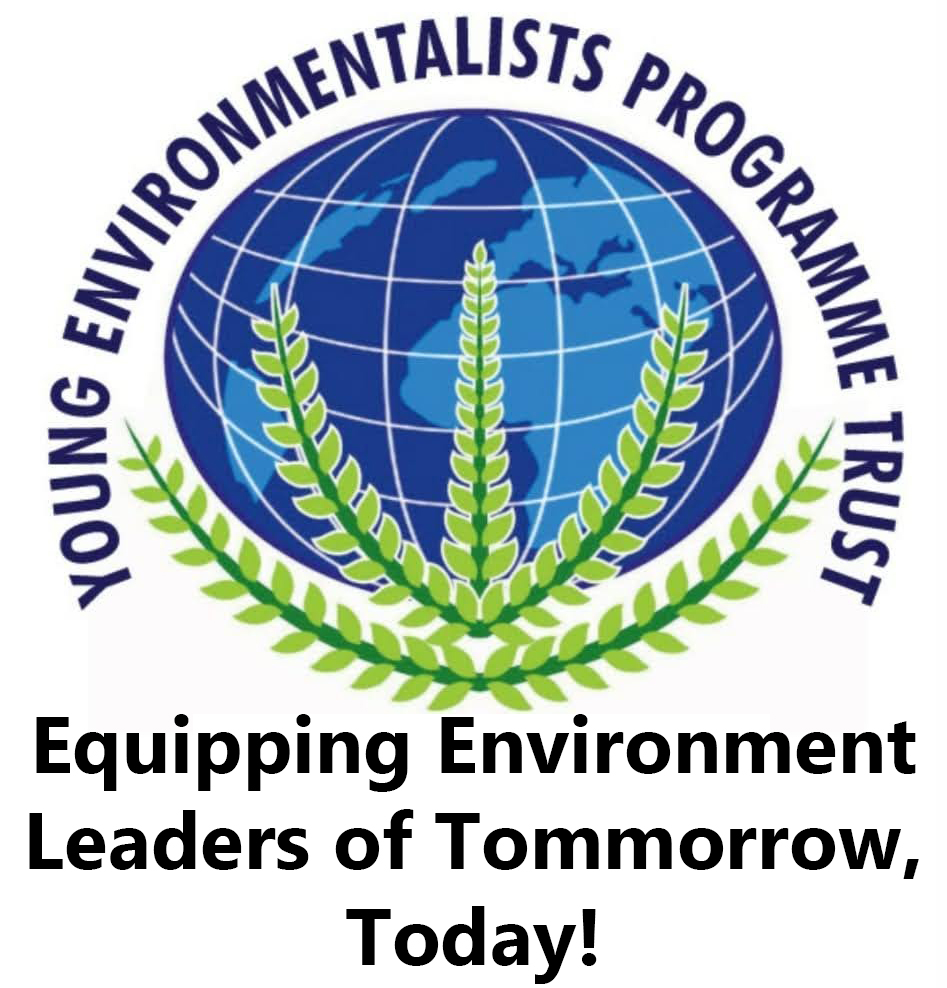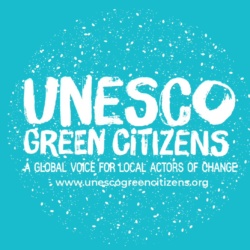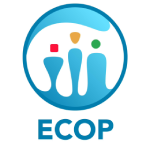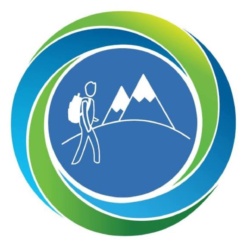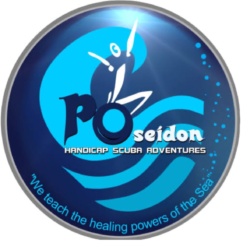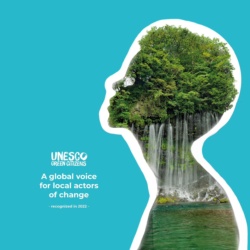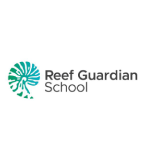Over a decade or more our organisation has been creating Eco Ganesha campaigns for all stratas of society to enhance community awareness.
Besides teaching community women, the Young Environmentalists Programme NGO has been teaching these art projects and clay moulding to thousands of students over the years as part of their EVS curriculum in Lake and ocean conservation.
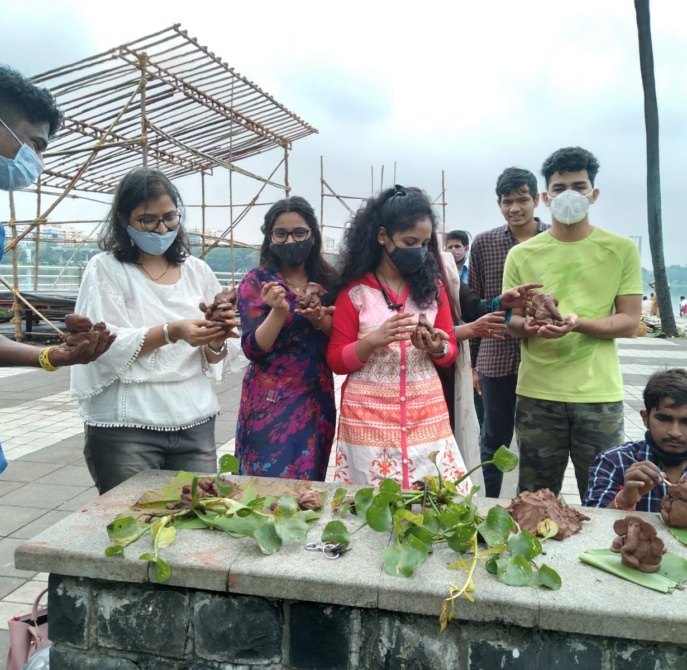
Young Environmentalists students have been researching on the rich Biodiversity of Powai lake which leads to the ocean through the Mithi River in Mumbai.
The Powai Lake is constantly being encroached by water hyacinths and aquatic weeds causing the Lake to shrink and deprive aquatic ecosystem of sunlight and oxygen.
Studies are focusing on the influx of sewage and silt traps. We work closely with the Municipality and hydraulic department to cleanup the lake fronts monthly as well post festivals. The Mayor has encouraged the Eco friendly Ganesha made out of the water hyacinths and silt of the Powai lake and is committed to rejuvenate the lake.
Participants understand that idols can be made from marble, biodegradable mediums, flowers and leaves, paper and cardboard, metal, and immersed in a bucket of water keeping safety, covid isolation protocol in mind during these current prevailing times.
Eichhornia crassipes, Water Hyacythns is among the world’s most noxious invasive aquatic weeds.
Climatic and water conditions are the main determinant factors for the growth and expansion of water hyacinth. The weed has substantial negative impacts on the Powai lake’s hydrology, socioeconomics, and aquatic ecosystem causing it to shrink.
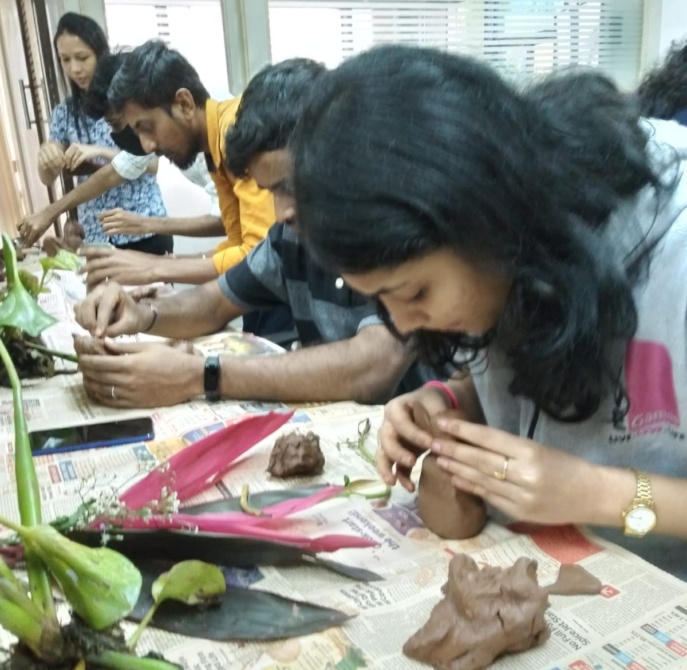
The lessons for management of Powai Lake water hyacinth are employing preventive and integrated management approaches. Reducing pollutant loads and nutrient enrichment through integrated watershed management which has been suggested to reduce the Powai Lake eutrophication as there are over a dozen or more crocodiles and various varieties of fresh water fishes in the lake.
The hyacinth has come to cover over half the 688-hectare, and along with the highly polluted silt settled on the lake bed is fast killing organisms.
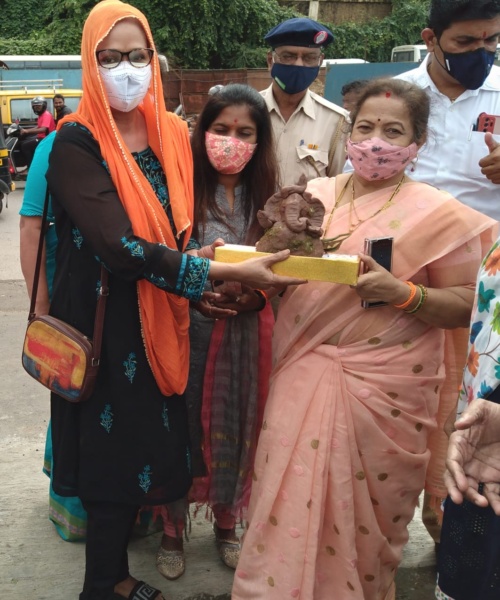
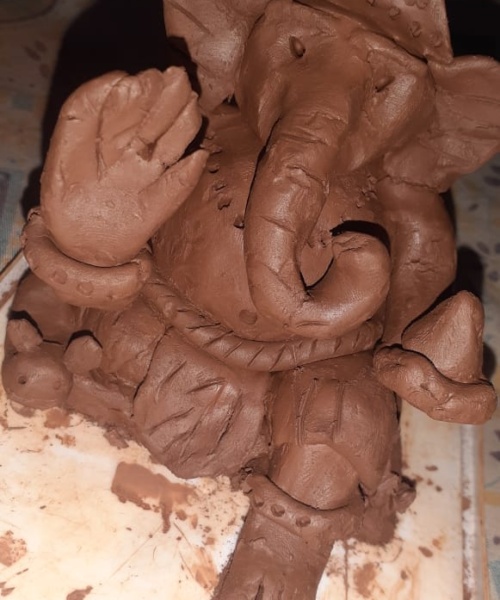
Use of recycling Water Hyacythns into idols, bags, fibre, Bio bricks and sustainable products like bags and fabric are being tested, giving this agro waste economic value instead of being burnt in landfills emitting dangerous gases, after being transported usurping fuel and manpower.
